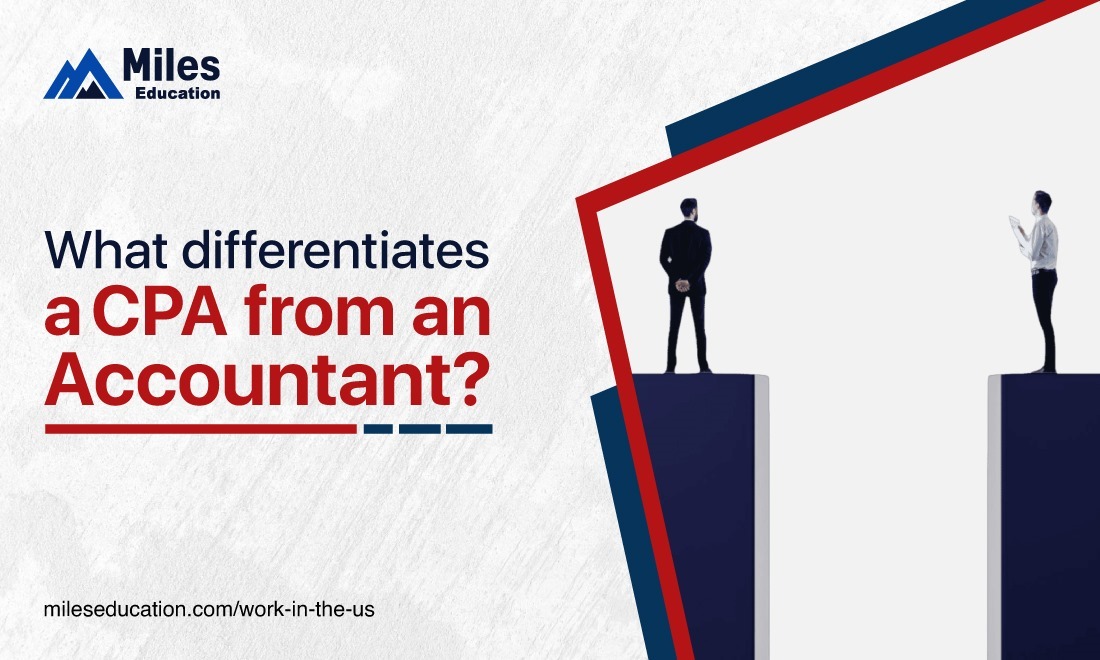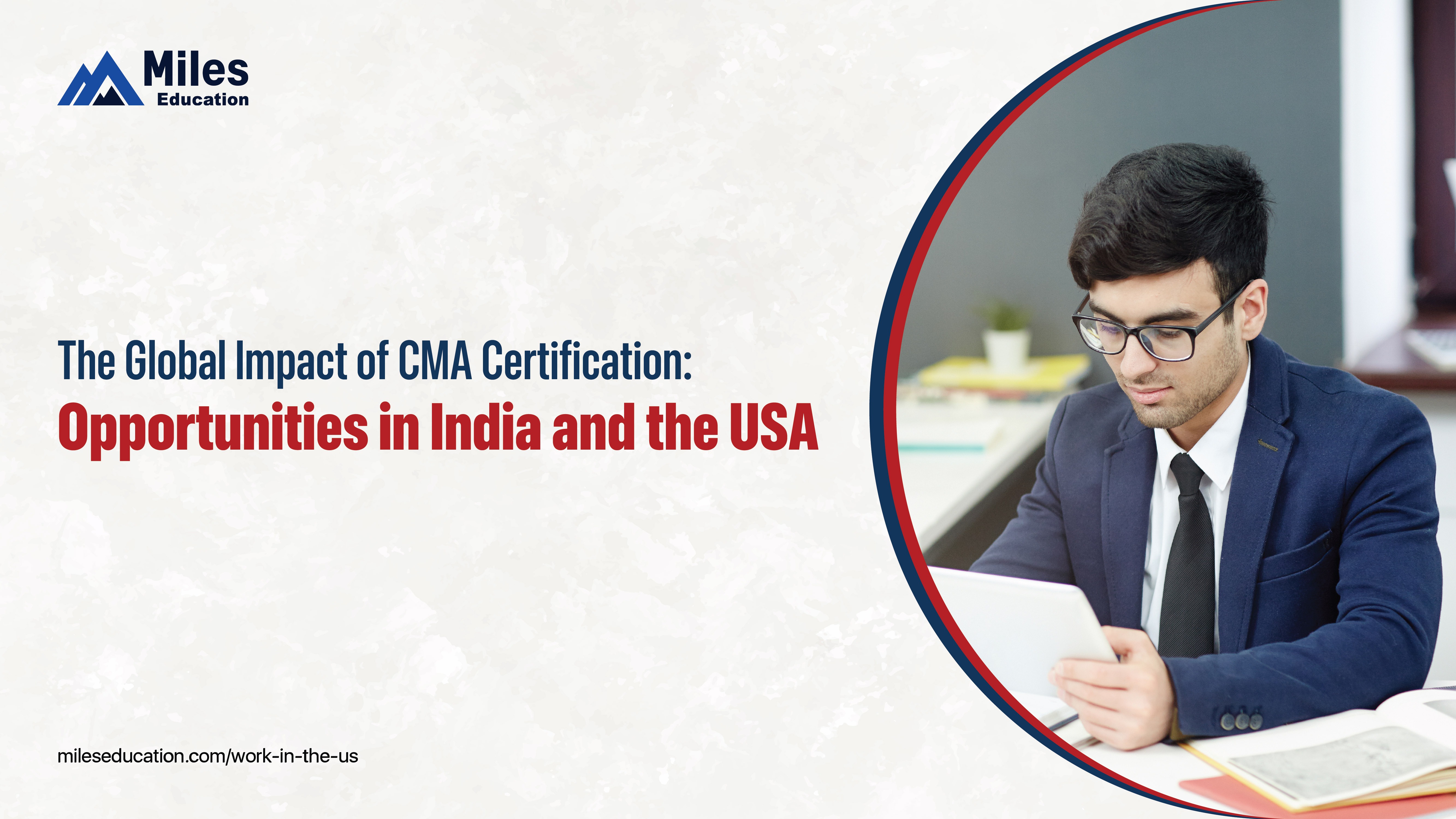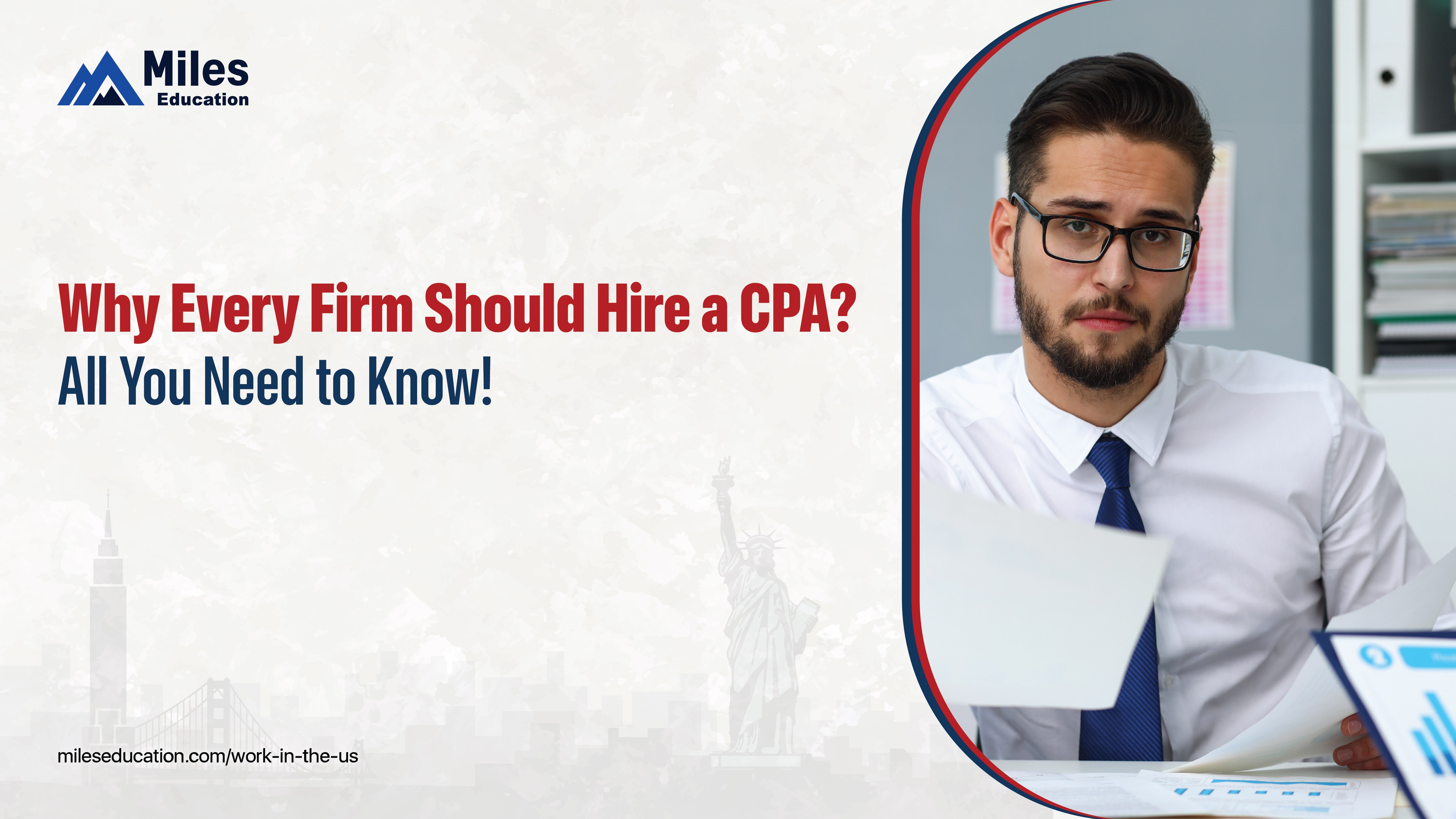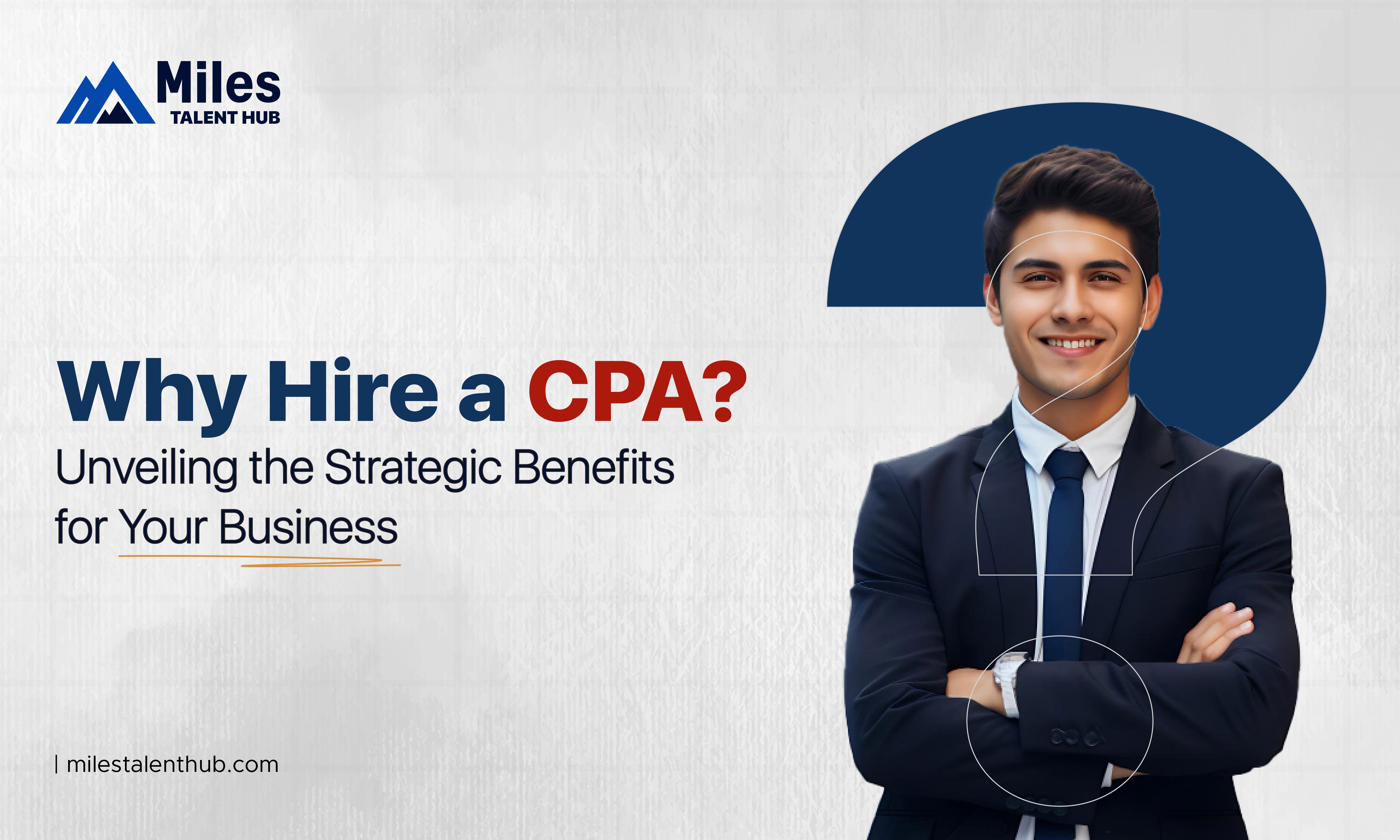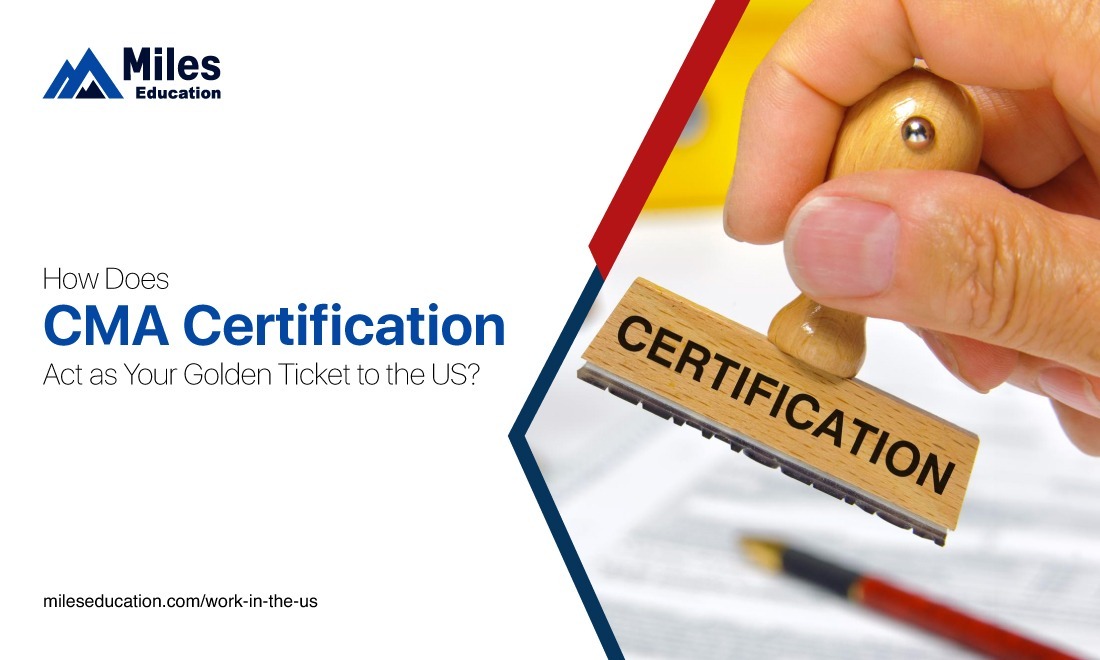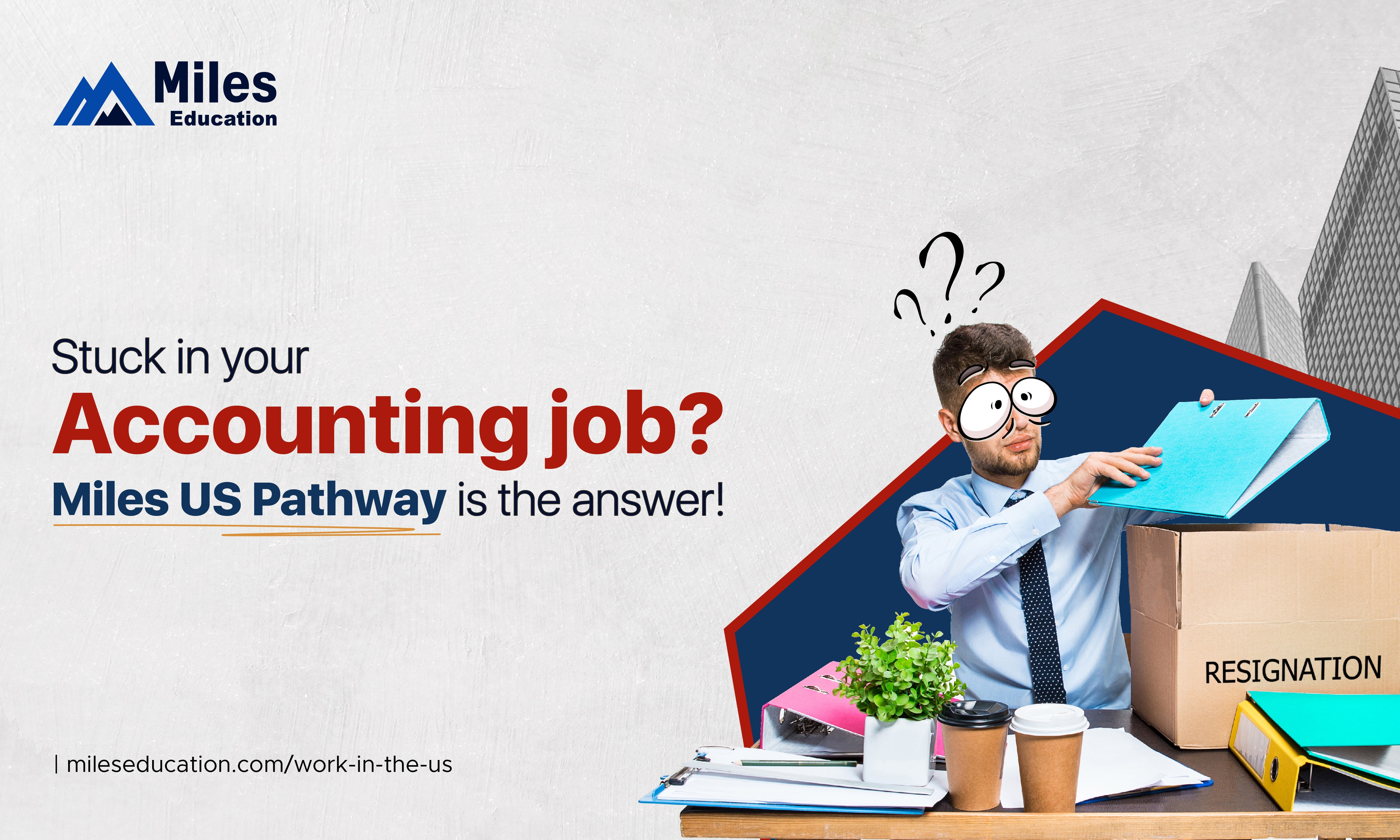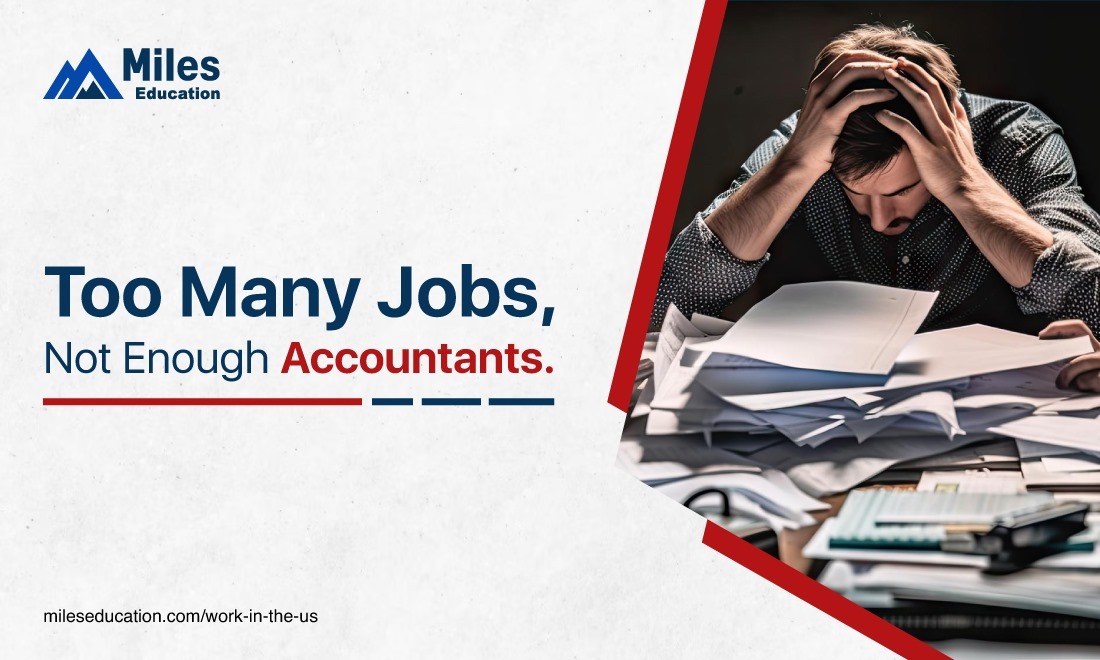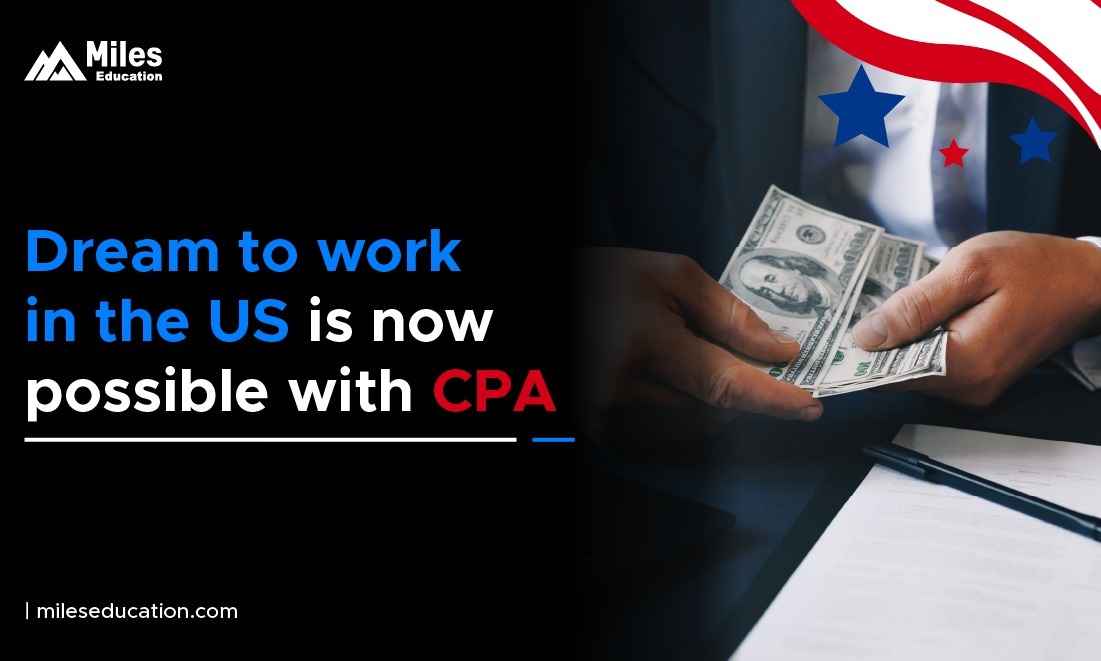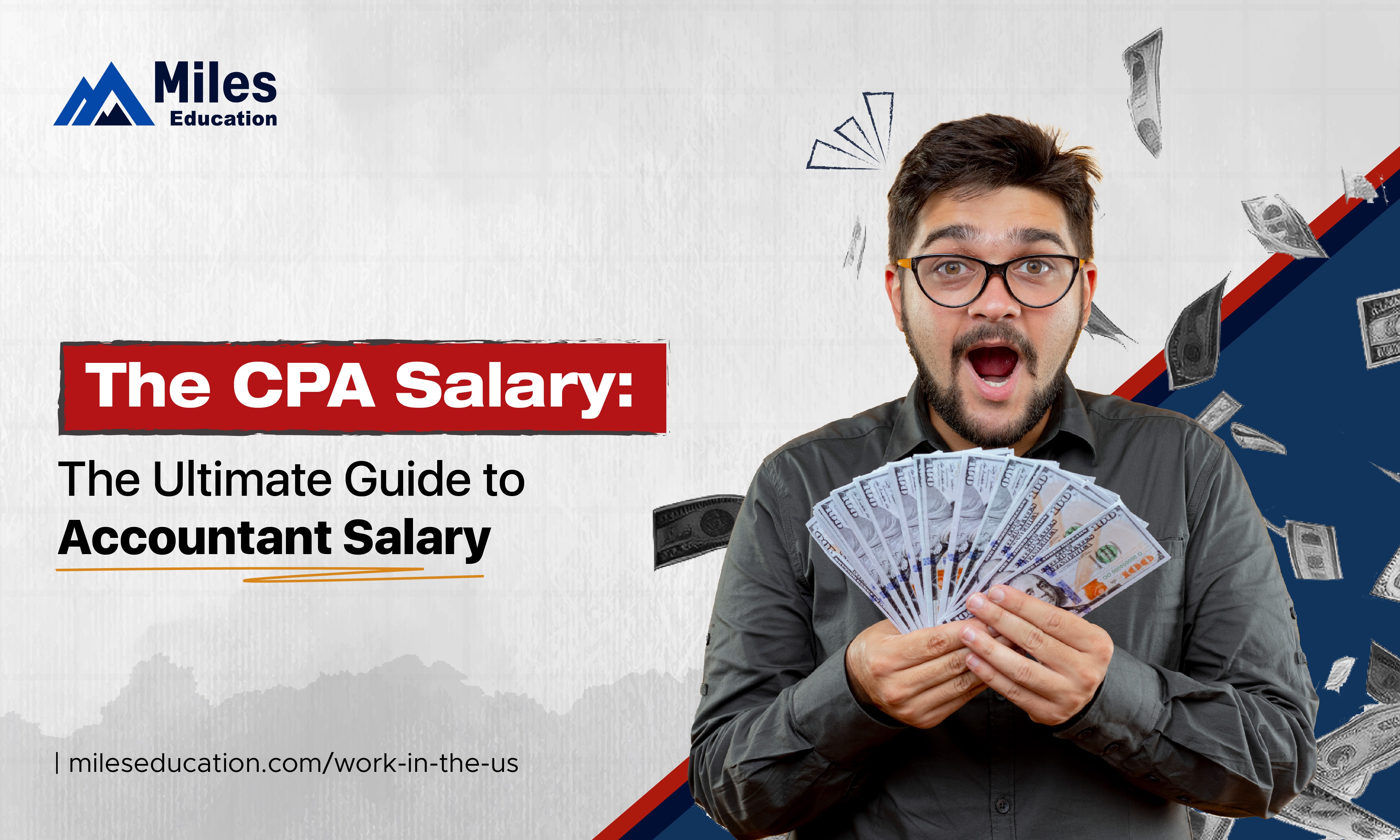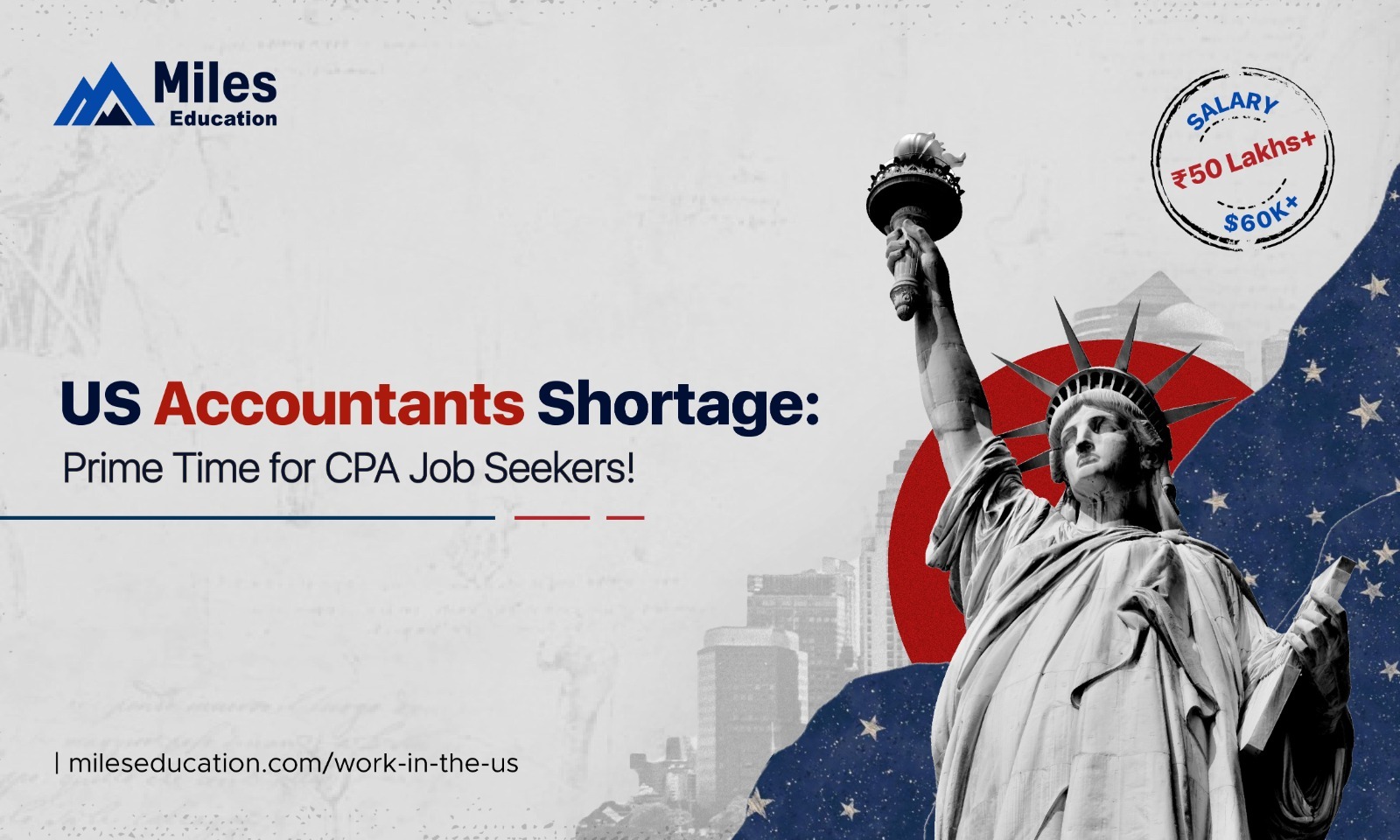CPAs are accountants, though not all accountants are CPAs. A bachelor’s degree in accounting is typically what an accountant has. After accomplishing certain educational and employment criteria and passing the CPA exam, an individual becomes a certified public accountant. Each state has its own unique set of rules. Because of this, a CPA is likely to possess greater accounting knowledge than someone who does not hold the qualification. Additionally, a CPA is qualified to handle tasks that ordinary accountants are not eligible to handle.
The Work of an Accountant
- Accountants create financial reports by analyzing and interpreting a company’s financial data. Accountants can handle a diverse range of financial activities for their employers or clients. The following are some typical duties of an accountant: Ensuring that a business’s financial records and tax reports are correct and adhere to all applicable laws, rules, and tax requirements
- Recording and categorizing financial transactions (if a bookkeeper isn’t used for this task)
- The preparation of financial statements and any necessary schedules and disclosures
- Promoting internal controls and best practices in finance
- Providing advice to assist small business owners in resolving issues and achieving their objectives
How Does a CPA Help?
Data about finances are examined and reported by Certified Public Accountants. Following is a breakdown of their responsibilities:
- Establish, revise, or maintain the bookkeeping policies and practices of a corporation, including monitoring, reporting, and bookkeeping techniques.
- Overseeing or taking part in budget creation.
- Monitor internal audits (to ensure accuracy of reporting).
- For government audits or tax purposes, prepare and create audit reports.
- Prepare and deliver financial statements.
- Examine and offer advice on how the company is spending its money on perks, assets, and compensation.
- Control the accounts receivable and payable.
- Keep abreast with modifications to tax regulations, financial industry standards, and governmental rules.
- Make sure the business adopts best practices by updating any policies or processes.
Importance of US CPA
A US CPA is regarded by the government as a credible professional in the field of accounting and is more qualified than an accountant to carry out some accounting tasks. People with a CPA designation have received training in generally recognized accounting concepts and best practices (including online tools). They typically bill more than non-certified accountants as well.
CPAs can perform some duties that non-CPA accountants cannot. An audited financial statement or a reviewed financial statement must be created by a CPA to be submitted to the Securities and Exchange Committee (SEC). In addition to Enrolled Agents and tax attorneys, CPAs can represent clients before the IRS during a tax audit. Now, finishing the CPA course requires a lot of hard work, dedication, and perseverance. If you are ready for everything necessary to become a CPA, you will undoubtedly succeed. You would need sound mentoring to become a CPA, and nothing would be better than live, face-to-face classes with the world’s most popular CPA instructor. With this blended format of lectures that mixes both online and LIVE face-to-face sessions, Miles correctly fascinates the student body. So, seize the chance and make the most of this unique experience!

Conclusion
The choice between being a Certified Public Accountant (CPA) and an accountant extends beyond nomenclature; it embodies a commitment to professional excellence and a pursuit of specialized knowledge. While both roles contribute significantly to financial management, a CPA designation elevates one’s capabilities, signifying mastery of accounting principles and adherence to rigorous standards.
Choosing to embark on the CPA journey, especially through Miles Education’s US Pathway program, not only signifies a dedication to personal growth but also opens doors to unique opportunities. The strategic collaboration with esteemed US universities and the incorporation of Business Analytics into the curriculum showcase Miles Education’s commitment to providing a holistic and future-ready education.
Moreover, the STEM certification accompanying the Masters in Accounting programs not only addresses practical concerns like the OPT duration gap but also positions graduates for success in an evolving global landscape. This foresighted approach aligns the privileges of accounting professionals with those of their counterparts in STEM fields, underscoring the value of Miles Education in shaping the future of aspiring accountants.
In essence, Miles Education not only equips students with the necessary skills and knowledge but also presents a structured pathway for them to excel in the dynamic realm of US accounting. By choosing Miles Education, individuals are not just pursuing education; they are strategically positioning themselves for success in prestigious firms and multinational corporations, both in India and on the international stage. It’s a decision that goes beyond the classroom – it’s a commitment to paving the way for a thriving career and making meaningful contributions to the global accounting community.

